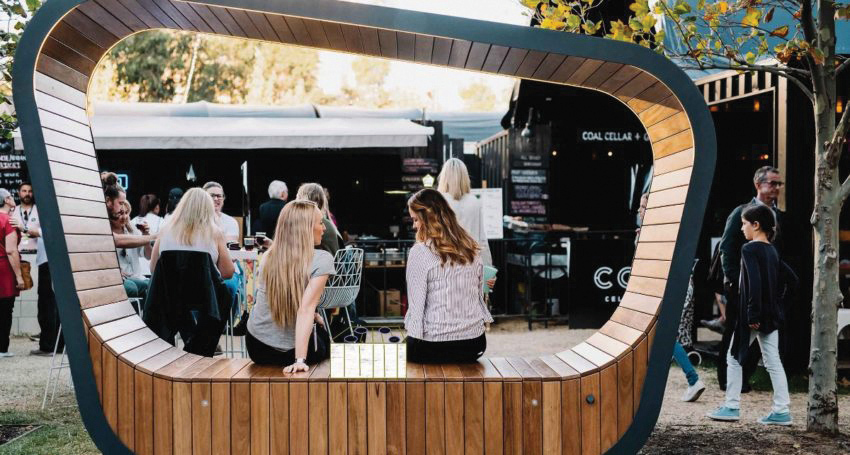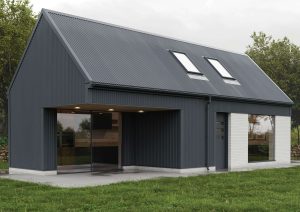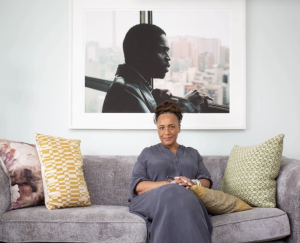
AUSSIE SMART STREET FURNITURE MANUFACTURER EYES EXPANSION
Since the COVID-19 lockdown, Specialised Solutions has seen strong demand for its line of off-grid park benches and shelters and its modular buildings.
Worker and supply shortages in the building and construction industry and councils zeroing in on renewable energy projects are behind the demand for its cutting-edge products. Brad Riddle, the company’s national business development manager, said Specialised Solutions were now eyeing more opportunities on a global scale.

Riddle said the company has distributors in the United States and New Zealand but said there is “strong interest” from European and Middle Eastern markets.
“We are working on an export version of our products,” Riddle said.
“We’re still working on that, but it will be a little more transportable and more modular.
“A number of our products are larger and made of aluminum and steel and so we need to look at transport efficiencies to ensure that we can still be competitive in the international market.”
Based out of the Tonsley Innovation District in Adelaide, South Australia, the company has been manufacturing its Sedi line of smart furniture for the last three years.
The original outdoor bench has since spawned bins, bike racks and heaters harnessing their power from the sun. Designed by JPE Design Studio, the furniture is made from steel and sustainable timber and, using a small battery, can provide Wi-FI, lighting and charging ports to people.

Riddle said the company saw increased demand for the unique products during the COVID-19 lockdowns.
“I think COVID-19 has put a new focus on public spaces and councils are looking for innovative ways to deliver in those spaces, and our products fit within that perfectly,” Riddle said.
“We’ve also seen large public infrastructure grants to councils come out in the last 18 months, 24 months with COVID-19, so we’ve had a renewed focus on those public spaces.”
Riddle said there has also been a growing appetite for modular buildings in regional areas struggling with housing issues.
“A lot of places can’t get builders, so people are looking at different systems and different processes for how they would traditionally do something, in particular regional areas.”

In May, the company installed three modular buildings, including a foreshore cafe, visitor’s information and a library in the South Australian town of Whyalla for the local council. Riddle said the council couldn’t find local builders to complete the work in time.
The company constructed the modular buildings at the company’s base in the Tonsley Innovation District. They then shipped the buildings to the South Australian town to be installed on-site.
“We’ve found our products cross a gamut of needs and requirements at the moment which works well, but we’re always looking at how we can improve the modularity in the production of what we do to reduce cost for the end consumer,” Riddle said.
____________________________________________________________________________
Denise Maguire Editor of Irish Construction Industry Magazine & Plan Magazine


